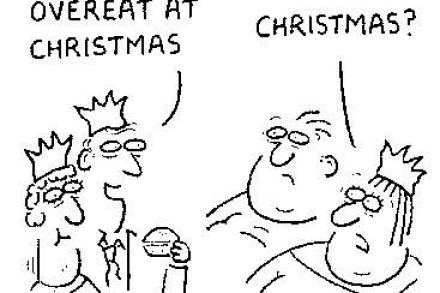Lessons for life
All modern biographies, one could say, are books of secrets; certainly all biographers during the past four decades have felt entitled to ferret around in their subject’s private as well as public lives. All modern biographies, one could say, are books of secrets; certainly all biographers during the past four decades have felt entitled to ferret around in their subject’s private as well as public lives. This development is routinely ascribed to the new frankness with which Michael Holroyd re-invented the genre in the late 1960s with his biography of Lytton Strachey, who had himself revitalised it 50 years earlier with his subversive portraits of Eminent Victorians. It seems appropriate,











